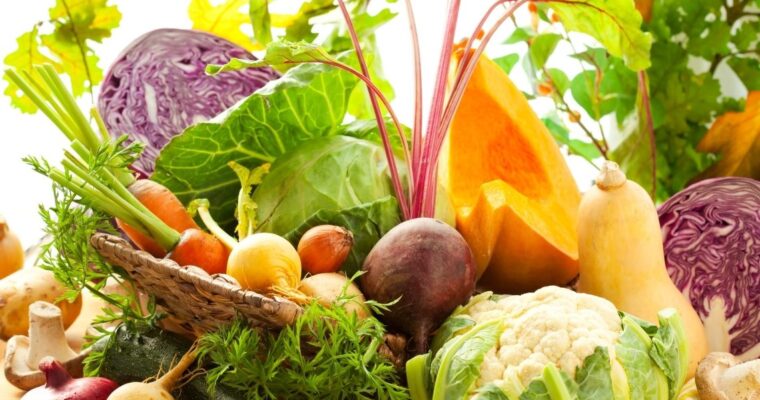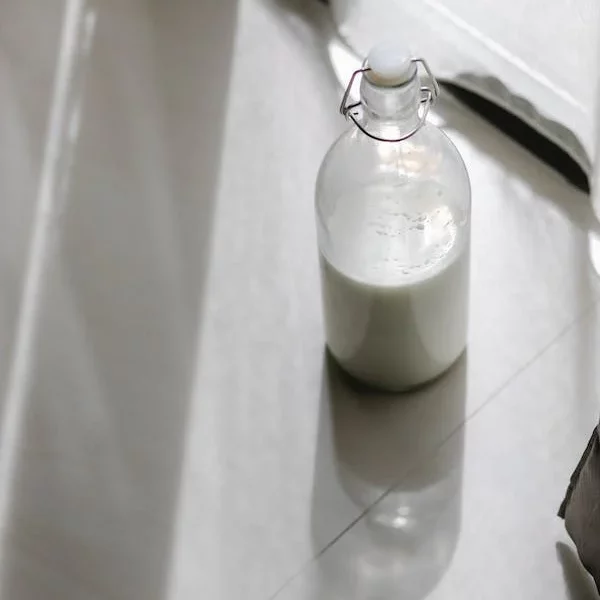Now the autumn season is beginning and it also has a major impact on our food. Depending on the season, there are different types of fruit and vegetables that come fresh from the region. All others are imported from distant countries, which is very bad for the environment. Today we show you 12 foods that you should better avoid in winter. In this article we are discussing Autumn food facts, we also explain what you can look out for when shopping seasonally.
Why you should avoid some foods in autumn and winter
Maybe you already know that there are different types of fruit and vegetables to buy from the region depending on the season. The simple reason for this is that each fruit or vegetable requires different conditions in order to be able to grow adequately. These conditions include temperature, humidity, soil conditions, hours of sunshine and rainfall. That is why there are different Fireland ware in summer than in winter. We are now in the middle of autumn and the cold season is beginning.
That’s why we have to rethink our shopping and focus on seasonal goods . That’s not easy at all, because the supermarket is actually filled with all kinds of fruit and vegetables all year round. However, because these come from distant countries, they have a major disadvantage: their transport causes a lot of CO2 and consumes numerous valuable resources such as water and electricity. As a result, we damage the environment and the climate enormously, since not only important resources are consumed faster and in larger quantities, but also the emitted CO2 penetrates into the atmosphere and literally poisons our earth.
So it’s all the more worth avoiding imported goods as much as possible. Unfortunately, it is very difficult to get by completely without imported goods these days and involves a lot of effort and time . But every small step counts! If you make sure not to buy the groceries listed below the next time you go shopping, you are already making an important contribution.
You should avoid these foods
Green salads
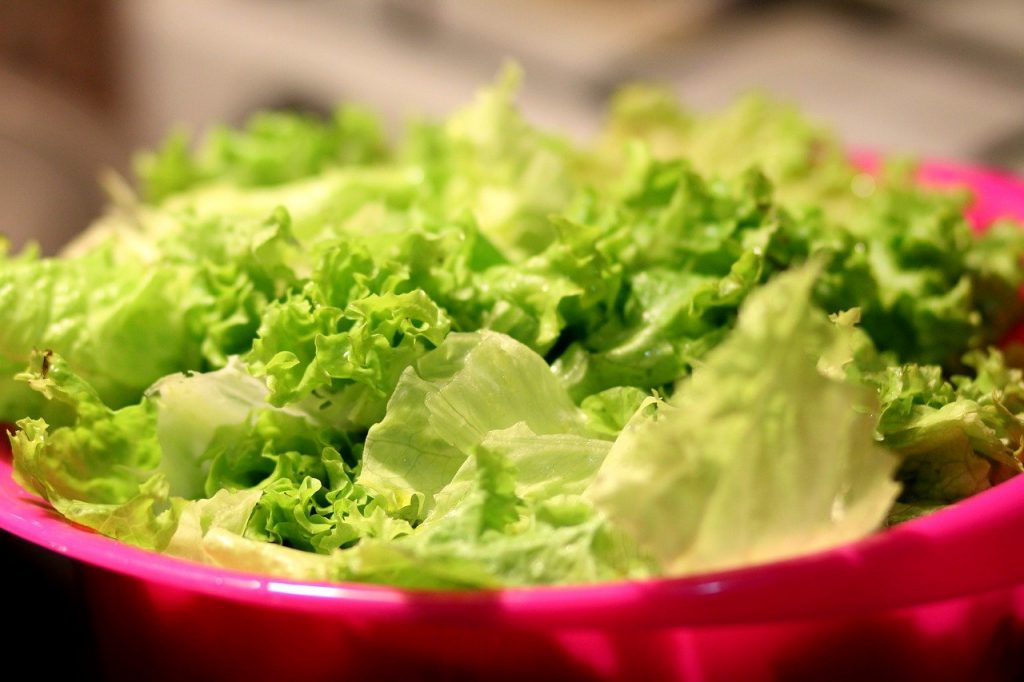
In autumn and winter, some green salads do not grow here in this country, which is why they come from heated greenhouses and come to the supermarket “unripe”. As a result, they taste less intense and also contain fewer nutrients, vitamins and secondary plant substances. But the outdoor produce includes, for example, lamb’s lettuce, chicory, radicchio, endive or purslane – you can enjoy these carefree.
Strawberries
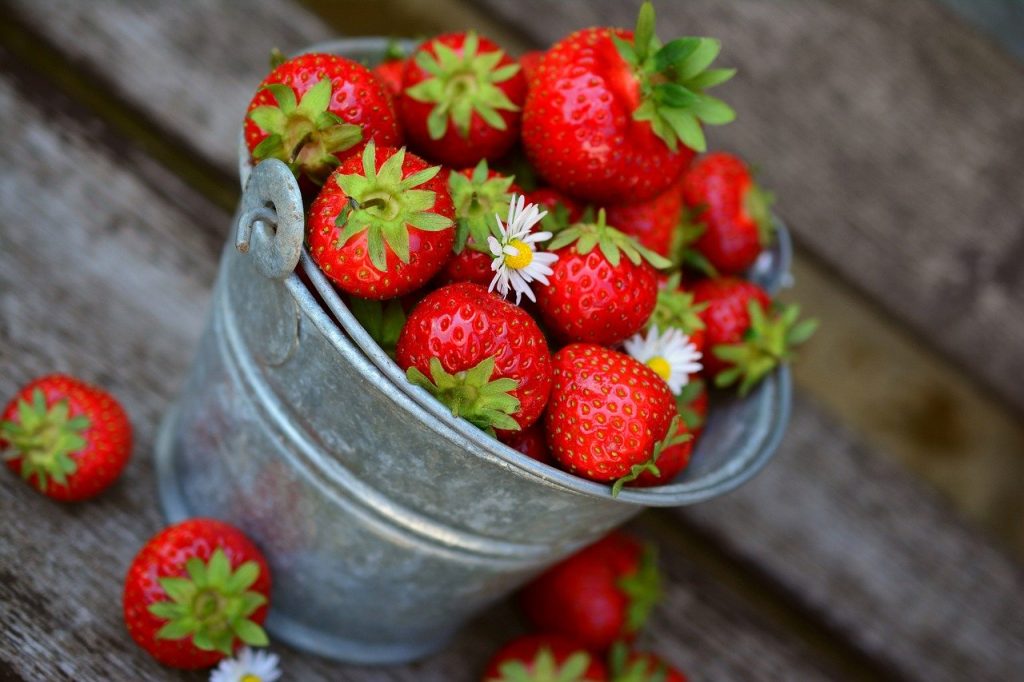
After the great summer strawberry season, they often come from Spain, where they are grown on plantations using pesticides that are harmful to the environment and health. In addition, the working conditions there are anything but fair. Alternatively, there are strawberries from German greenhouses, which entails enormous power consumption. So: It is best to only enjoy it during the season!
Bananas
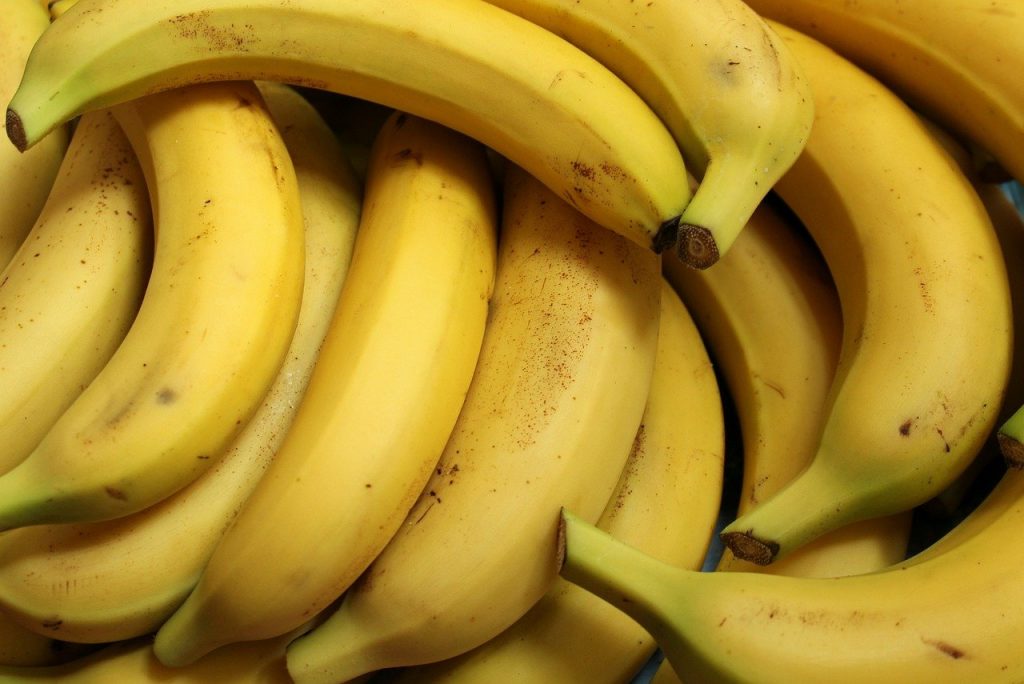
As is well known, bananas do not grow here or in the surrounding area, they are always imported and therefore associated with high environmental damage. Some boycott the delicious fruit all year round. If you still cannot do without it, we recommend that you buy bananas with the organic and fair trade logo.
Imported Nuts
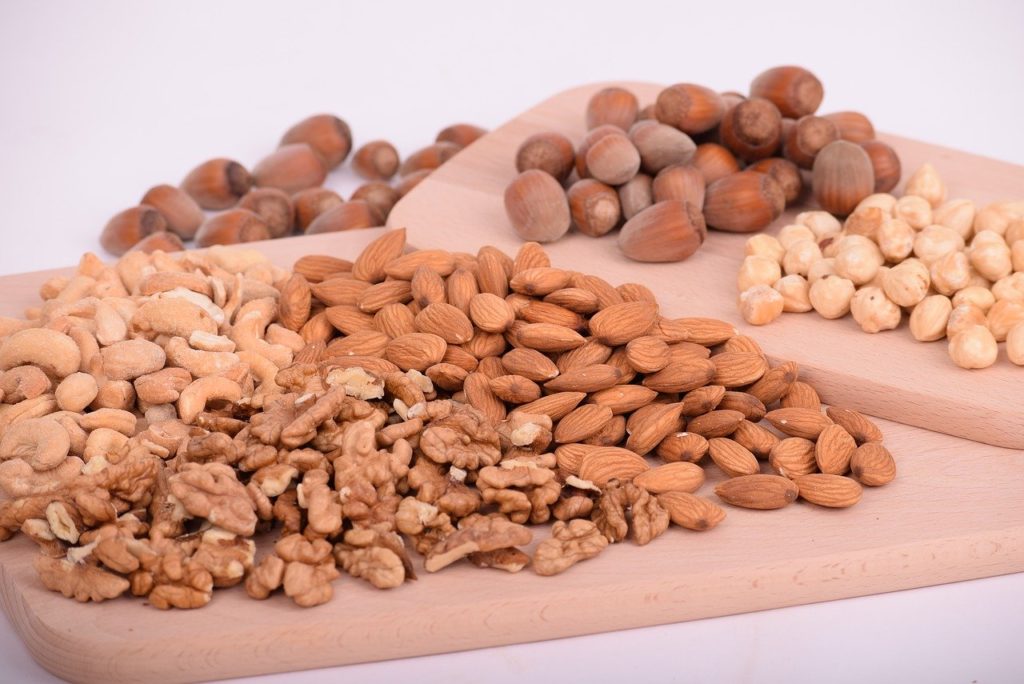
Nuts from the supermarket usually have a very long way to go because they come from the USA, Spain or Asia. This import causes a lot of environmental damage, which is why we recommend buying seasonal German nuts in the fall and winter, which include walnuts and hazelnuts.
Citrus fruits
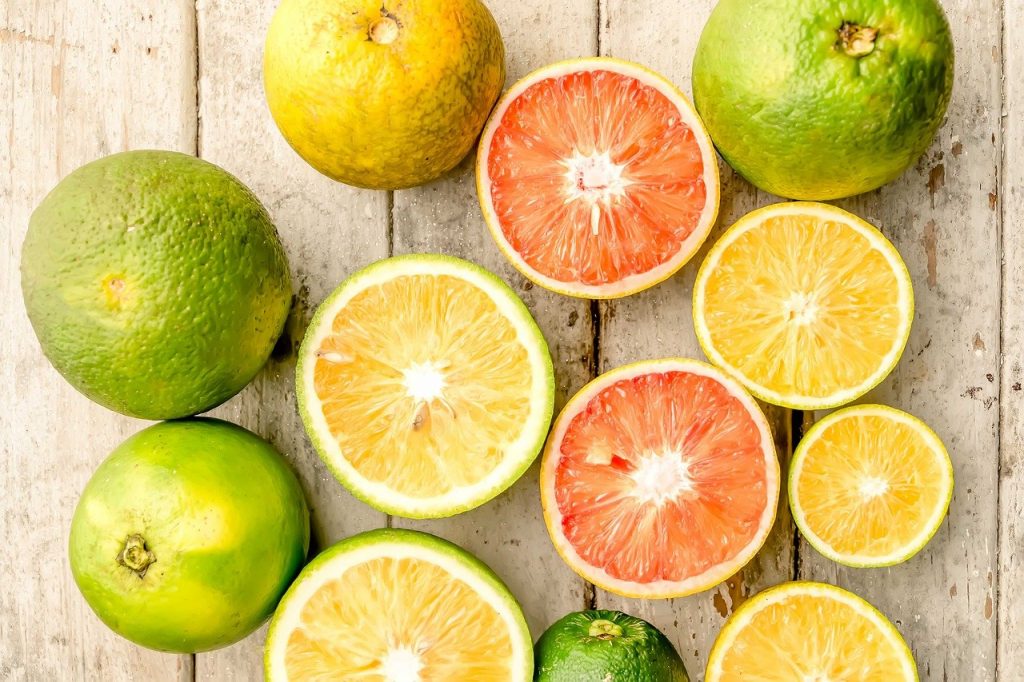
Conventional, imported citrus fruits contain a lot of pesticides that have been proven to be harmful to health. But as you can imagine, no citrus fruits grow in Germany. But if you can’t do without it completely, you should definitely pay attention to fair organic goods ! This is untreated and more nutritious.
Conventional Juice
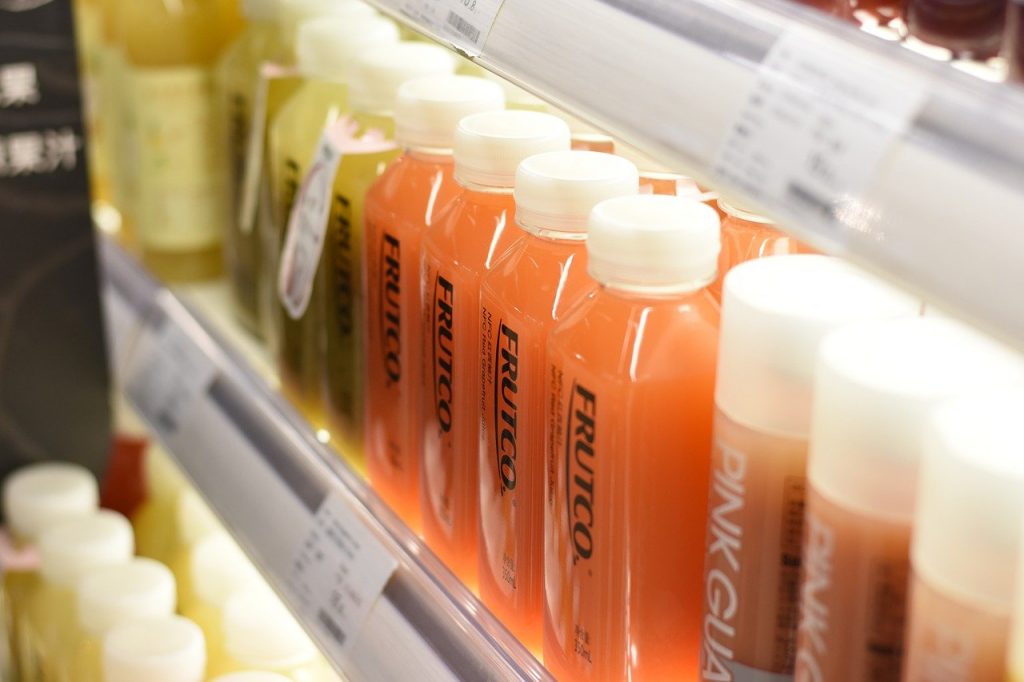
As with citrus fruits – so also with conventional juices from the supermarket. In winter, we often tend to drink a lot of juice because it supposedly supplies us with vitamins. But packaged juices have nothing to do with a healthy lifestyle. Not only do they contain an unnecessary amount of sugar , preservatives and other additives, the fruit content is also extremely low and has no health benefits. It’s best to make your own juice at home so you know exactly what’s in it and benefit from the numerous vitamins and nutrients.
Tomato
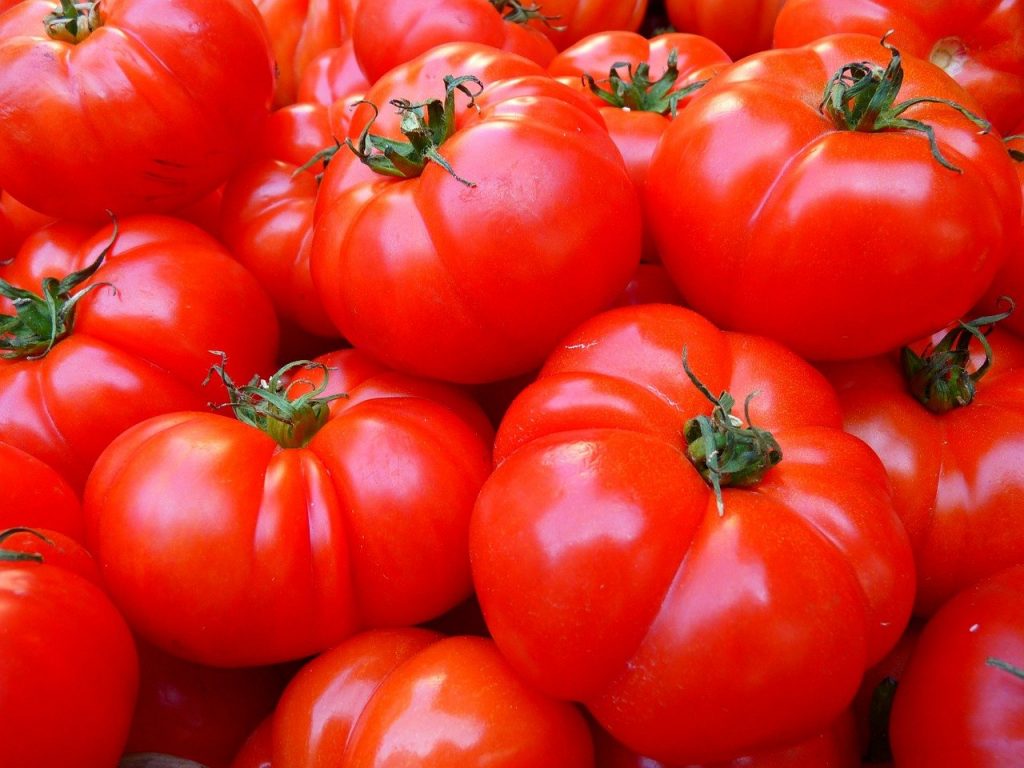
Tomatoes are one of the most popular vegetables, but in the cold season they mostly come from the Netherlands, Spain or France. That sounds like a relatively short transport, but unfortunately they still cause a lot of CO2 and other resources because they are grown in greenhouses with high energy consumption. It is therefore better to do without fresh tomatoes and buy organic tomatoes from the jar for sauces and the like.
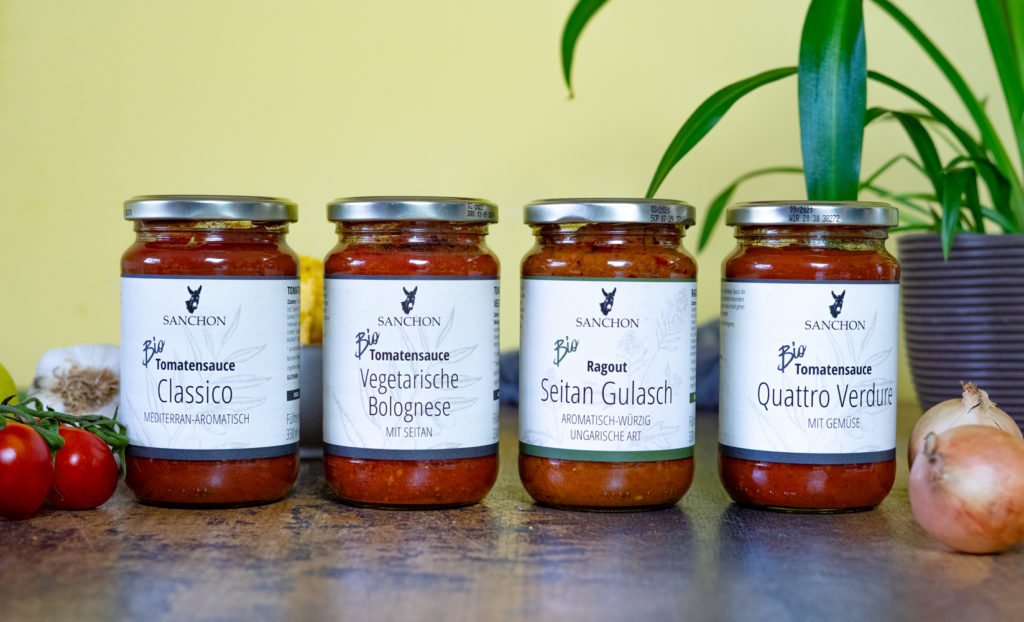
Cucumbers
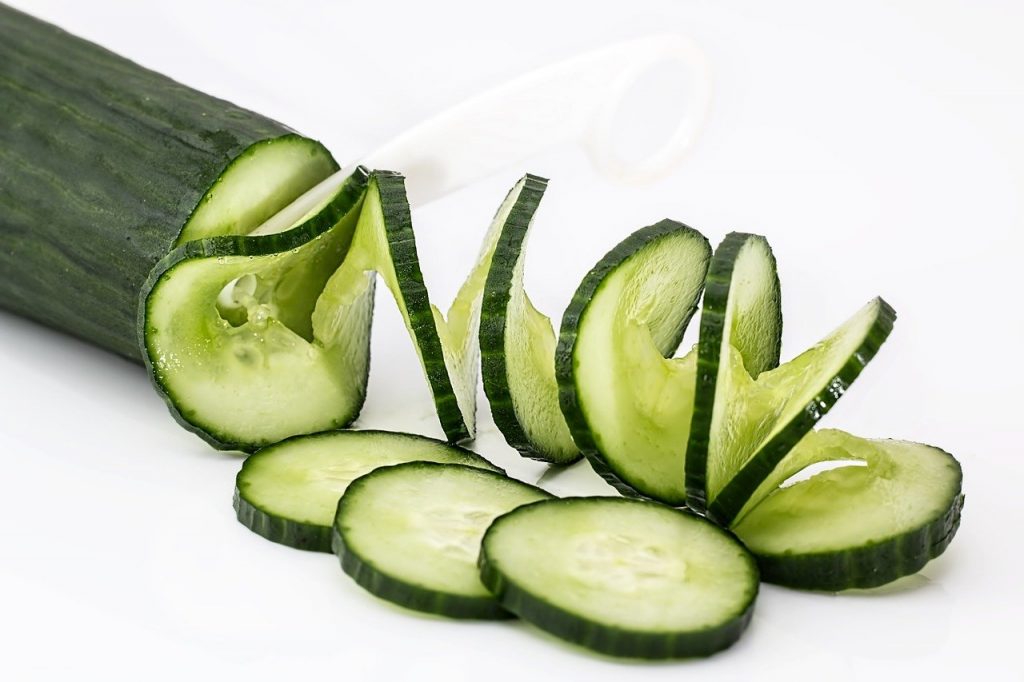
The same applies to cucumbers as to tomatoes. In winter they are imported and come from greenhouses. Ultimately this means: Hardly any nutrients, unfavorable production conditions and long transport routes .
Zucchini
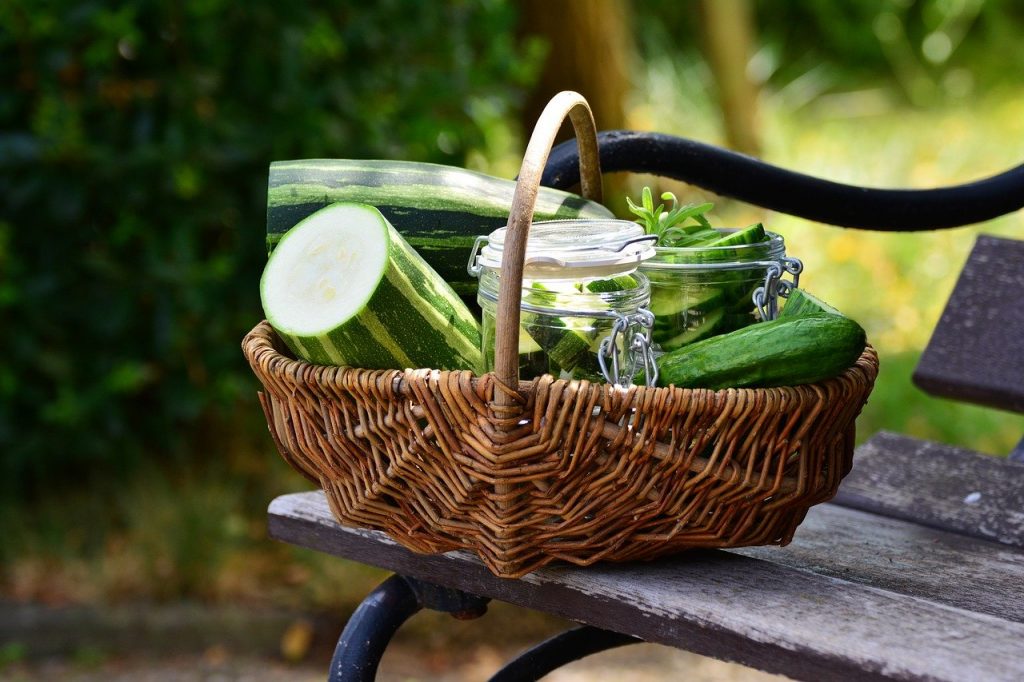
Although courgettes belong to the pumpkin family, they are only in season here from June to the end of October. Then they come from Spain, for example, and here we are again with the well-known problem of greenhouses and polluting transport.
Tea
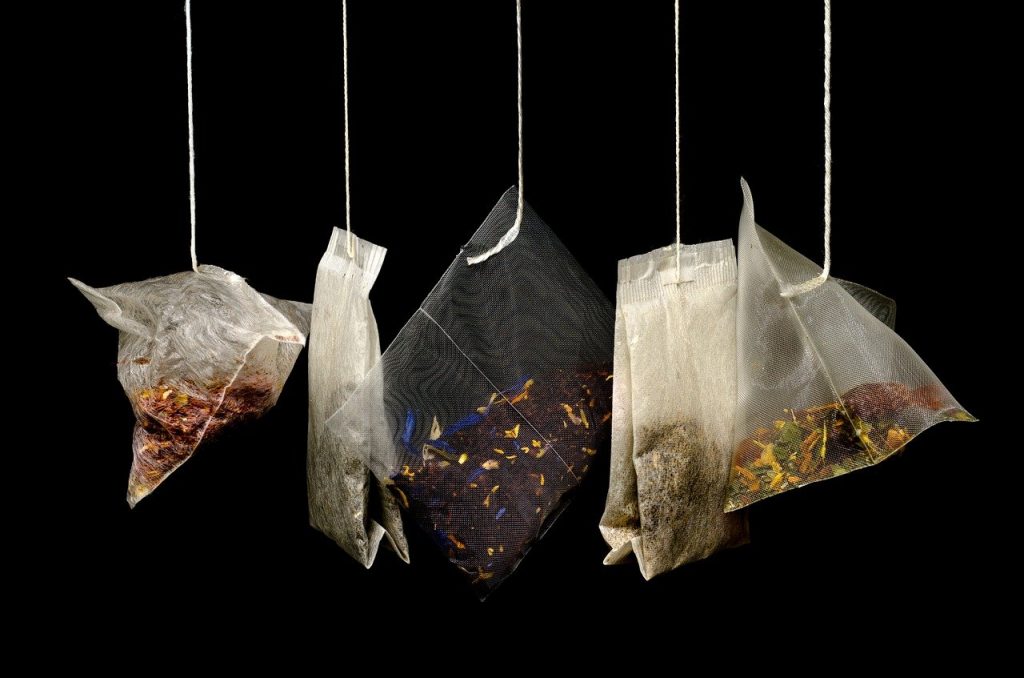
Tea is part of a cozy winter for almost everyone. Unfortunately, tea production has a downside. Black and green tea comes mainly from China, India, Sri Lanka and Kenya, where working conditions are in most cases appalling. Human rights are disregarded and pesticides harm people, the environment and end up in our cups. Therefore, when buying, look for the EU organic seal and the Fairtrade logo.
Grapes
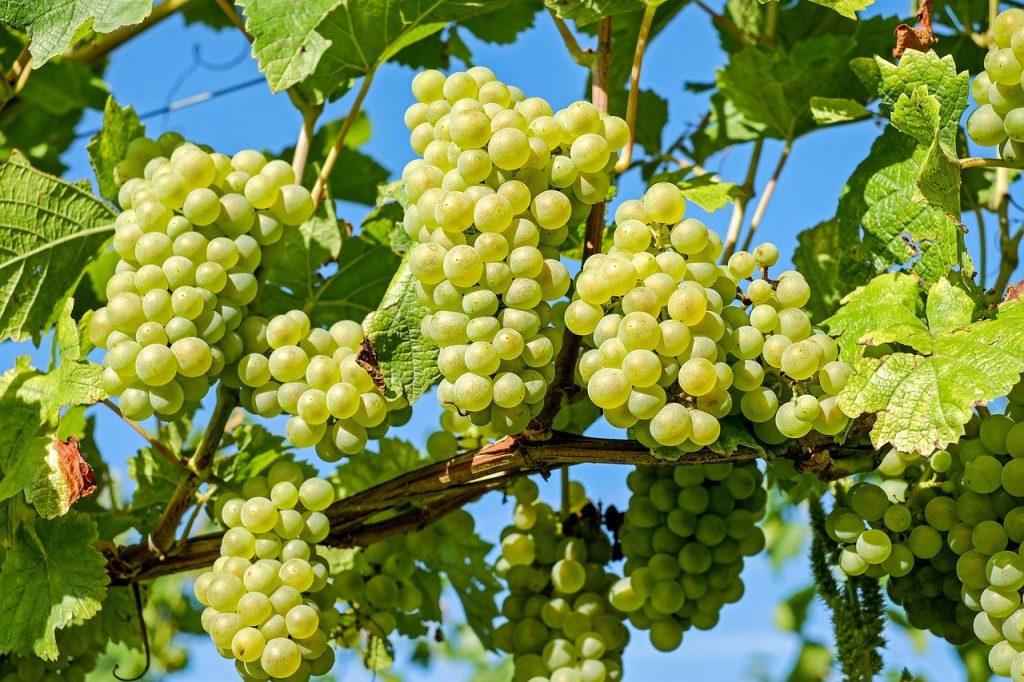
Unfortunately, from November onwards, the grapes from the supermarket are also imported from South Africa, India, Chile, Peru and Brazil. They are transported by ship and this not only takes a long time, it also has a major impact on the environment. They are also treated with pesticides to keep them fresh longer. It is best to buy grapes regionally and seasonally and pay attention to organic quality.
Imported apples
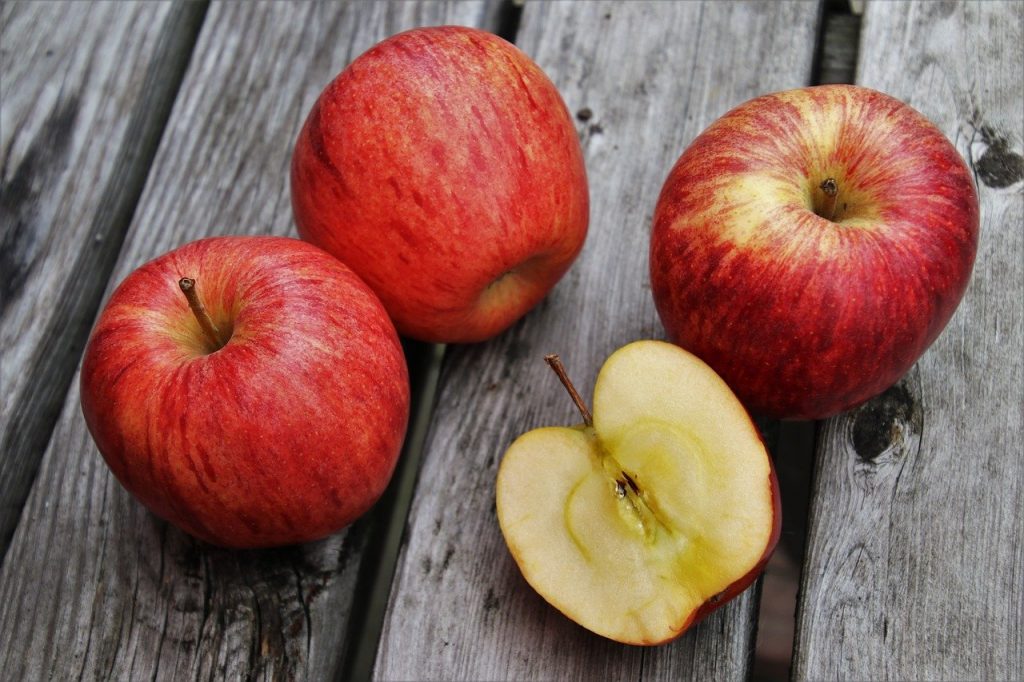
We can enjoy delicious apples from the region here until mid-December. According to this, the apples come either from New Zealand or from German cold stores. Both have ecological disadvantages and lead to a dilemma. If you want to be on the safe side, buy apples from German organic retailers in autumn and winter.
What to look out for when buying
That sounds like a lot of renunciation and restriction, but don’t worry – nobody is perfect! When shopping, look for food that is organically certified and preferably still bears the Fairtrade logo. In this way you can ensure that it is of high organic quality, that no unnecessary resources have been wasted and that the food is traded fairly. If you want to have a precise overview of the seasonal and regional vegetables and fruits, make a seasonal calendar to. These are available free of charge on the Internet, as well as in nice printed form or as posters from various providers. They look particularly good in your kitchen and also decorate the room. So you can see directly which groceries are available this month.
You can also try buying fruit and vegetables from the farmer next door. With this you support regional trade and set an example for more sustainability. At the farmer you will find a large selection of fresh, delicious, untreated and regional seasonal food. You will immediately notice the difference in taste!
Save vegetables and fruit
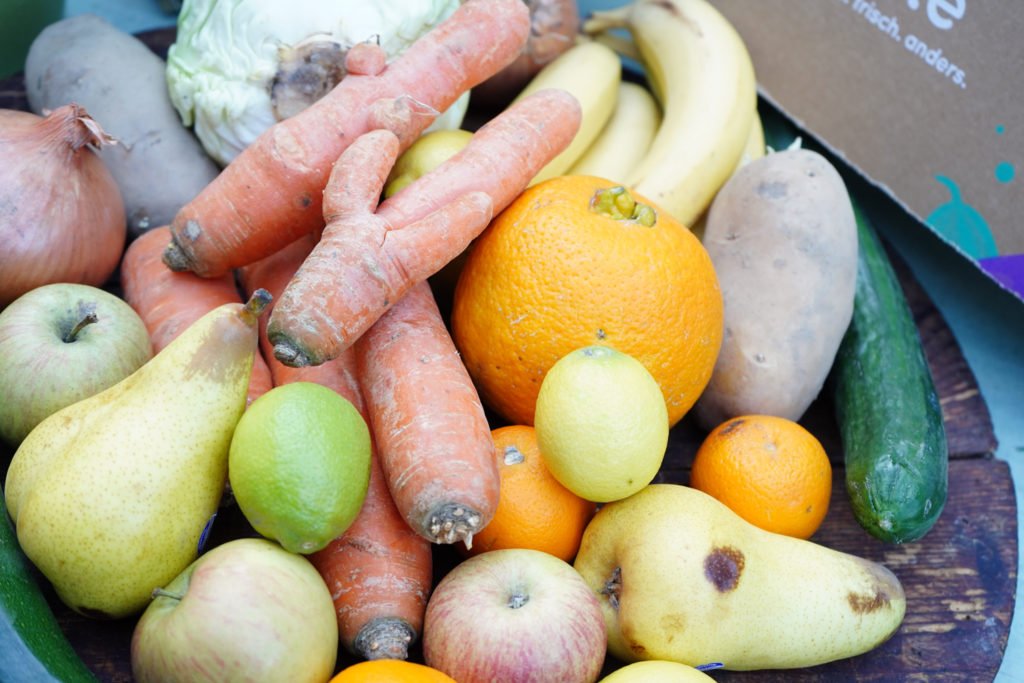
If you want to save vegetables and fruit, you can subscribe to a company that saves “ugly” regional and seasonal varieties from being thrown away. Have you ever been annoyed that fruit and vegetables are left in the supermarket because they don’t look perfect? It doesn’t have to be. That’s why etepetete has set itself the task of saving extravagant-looking fruit and vegetables. Whether crooked, thick, thin, small or large. The main thing is that it is organic, fresh and tastes good! The fruit and vegetables come from biologically sustainable cultivation straight from the field to the boxes.
In our article “Vegetable Subscription – Added value instead of a throw-away society” you can read all about the advantages, get tips for your Zero Waste kitchen and find the right subscription for your area.
Tip: Living vegan and shopping vegan is becoming easier and easier. In addition to recipes and our favorite products, we regularly present you with vegan brands and online shops – from vegan cosmetics and vegan fashion to great vegan food, superfoods and kitchen gadgets. In the vegan online shop you will find vegan brands and start-ups that are worth supporting. Here is the shop. We wish you a lot of fun discovering and enjoying!
Also Read: HOW TO GET RID OF BELLY FAT
